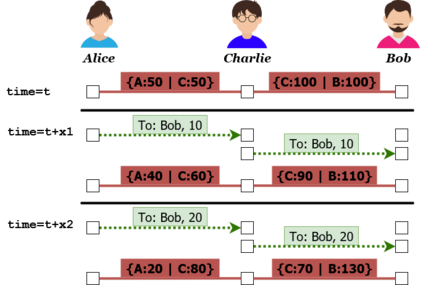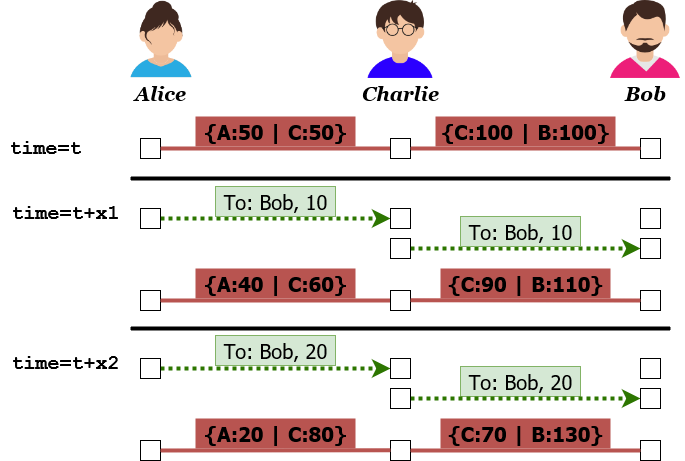Cryptocurrencies redefined how money can be stored and transferred among users. However, independent of the amount being sent, public blockchain-based cryptocurrencies suffer from high transaction waiting times and fees. These drawbacks hinder the wide use of cryptocurrencies by masses. To address these challenges, payment channel network concept is touted as the most viable solution to be used for micro-payments. The idea is exchanging the ownership of money by keeping the state of the accounts locally. The users inform the blockchain rarely, which decreases the load on the blockchain. Specifically, payment channel networks can provide transaction approvals in seconds by charging a nominal fee proportional to the payment amount. Such attraction on payment channel networks inspired many recent studies which focus on how to design them and allocate channels such that the transactions will be secure and efficient. However, as payment channel networks are emerging and reaching large number of users, privacy issues are becoming more relevant that raise concerns about exposing not only individual habits but also businesses' revenues. In this paper, we first propose a categorization of the existing payment networks formed on top of blockchain-backed cryptocurrencies. After discussing several emerging attacks on user/business privacy in these payment channel networks, we qualitatively evaluate them based on a number of privacy metrics that relate to our case. Based on the discussions on the strengths and weaknesses of the approaches, we offer possible directions for research for the future of privacy based payment channel networks.
翻译:然而,除了发送的金额之外,基于公共链锁的加密还存在大量的交易等候时间和费用。这些缺陷妨碍了大众广泛使用加密。为了应对这些挑战,付款渠道网络的概念被称作是用于小额付款的最可行的解决办法。这种想法正在通过保持账户的当地状态来交换资金所有权。用户很少通知链条,从而减少对链条的负荷。具体地说,支付渠道网络可以通过收取与支付额成比例的名义保密费提供几秒钟的交易核准。这种对付款渠道网络的吸引力激发了最近许多研究,这些研究的重点是如何设计这些网络和分配能够使交易安全和高效的渠道。然而,随着付款渠道网络的出现和接触大量用户,隐私问题变得日益重要,不仅引起对个人习惯的暴露,而且引起企业收入的暴露。在这份文件中,我们首先建议对在封闭链后端的保密性收费网络顶端上建立的现有付款网络进行分类。我们开始对基于这些保密性网络的保密性网络进行几起攻击后,我们开始对基于这些保密性交易渠道的保密性选择。








